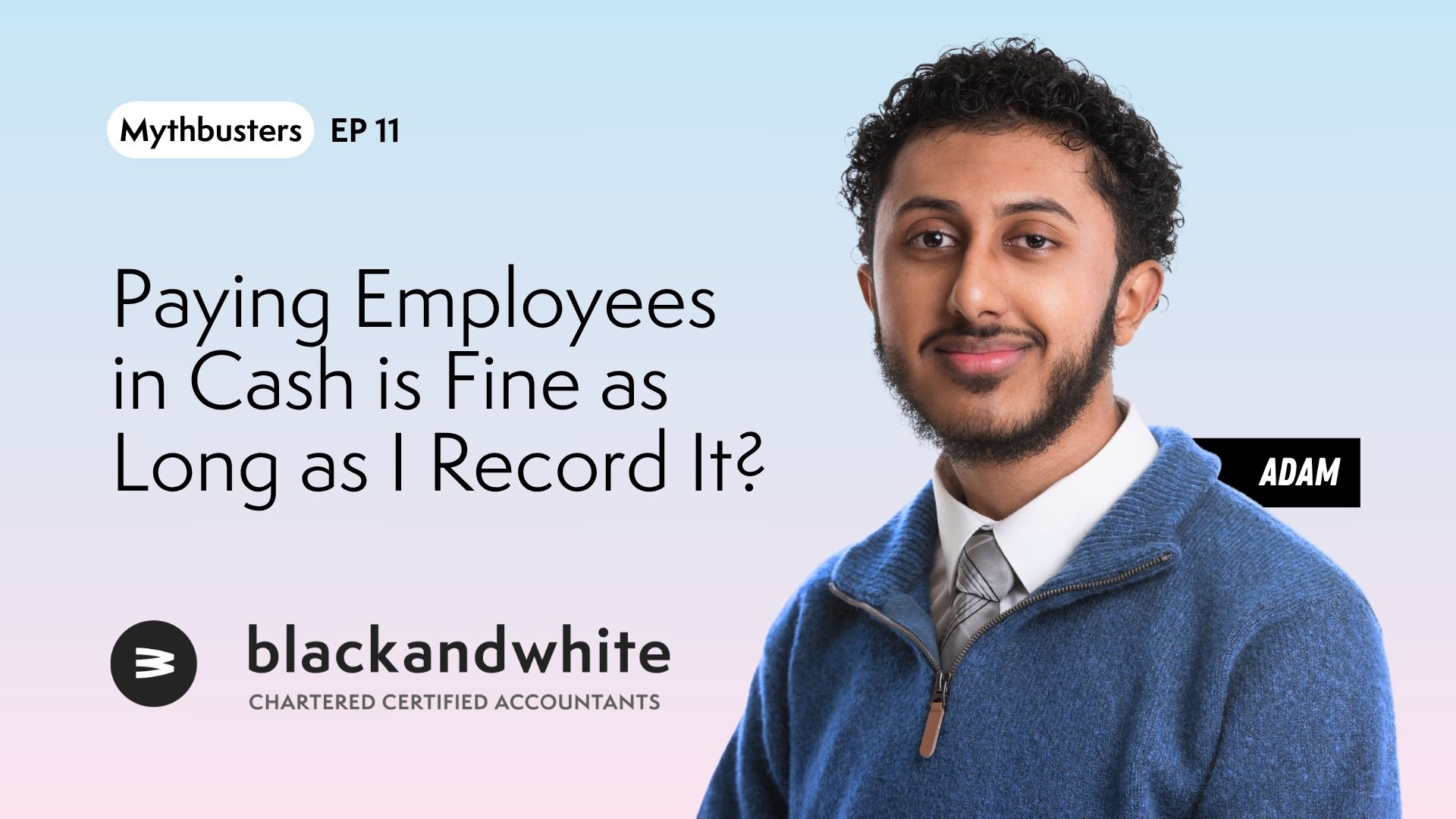Are you being smart when it comes to taxes, by ensuring that you are taking full advantage of various allowances you could benefit from? If you are not sure, here are our top ten actions you should consider to reduce the amount of tax you will end up paying in the 2019/20 tax year.
1. Use your ISA Allowance for 2019/20
The tax-free ISA allowance is £20,000. Invest before the tax year has ended as the allowance does not rollover into the next tax year.
2. Increase your children’s savings
Junior ISAs for children provide a tax-free ISA allowance of £4,368 and can be a mix of cash and shares.
3. Top up your pension
Using your pension allowance can reduce the amount of earnings you get taxed on. You can put a maximum of £40,000 per tax year into your pension (as long as this does not exceed your earnings). If you have not used your allowance this can be carried forward for up to 3 years. SEIS/EIS/VCT investments should also be considered to potentially reduce your income tax.
4. Use your Capital Allowance
If you need to buy a capital asset you can use your capital allowance as a tax efficient means of doing so. Annual Investment Allowances (AIAs) are an example of a capital allowance and if an asset qualifies under the AIAs, you can deduct the full value of the item from your profits in the year in which you invest.
5. Make charitable donations
Tax relief on donations can be received through Gift Aid or Payroll Giving, which comes direct from your wages.
6. Take company dividends
To maximise your personal tax allowance, your company can issue dividends to a maximum of £2,000 free of income tax. Your company will need to pay these before the 5th April 2020 to ensure they are included in your self-assessment tax return for 2019/20. Dividends above this are taxable at 7.5% (basic rate taxpayers), 32.5% (higher rate taxpayers) and 38.1% (additional rate taxpayers). We have assumed that you already have a PAYE scheme in place, where you don’t already use up your personal allowance with other earnings.
When considering company dividends as a strategy, time is of the essence. Distribute dividends before 5th April 2020 to utilise your personal tax allowance effectively. Engaging with a professional local self-assessment accountant can ensure proper compliance and optimal tax planning.
7. Capital Gains Tax (CGT)
You can make £12,000 in capital gains this tax year before you pay tax, known as the ‘annual exemption’. If you have assets to sell or shares to dispose of, think about the timing of this. Maybe you need to consider spreading this over two tax years? Don’t forget the changes in CGT on properties coming from next tax year, so you might want to consider selling before this (if possible).
8. Research & Development tax relief (R&D)
If your business is involved in the advancement of science and technology or has project(s) or activit(ies) that help resolve scientific or technological uncertainties, you may be able to claim R&D tax credits. For SMEs, this comes as an additional 130% deduction (in addition to the original claimed cost), or claim cash back at 14.5%, where losses are being made. This can help accelerate the growth of your business, or simply reduce/wipe out any corporation tax due. This is applied for by a report for inclusion in the company tax return, which you can do for the current and the previous years.
9. Limit Inheritance Tax (IHT)
You can give up to £3,000 per annum worth of gifts each tax year, which will not be included in the value of your estate, known as the ‘annual exemption’, like Capital Gains Tax. Each tax year, you can also give away:
a. wedding or civil ceremony gifts of up to £1,000 per person (£2,500 for a grandchild or great-grandchild, £5,000 for a child);
b. normal gifts out of your income, for example Christmas or birthday presents – as long as you can maintain your standard of living after making the gift;
c. payments to help with another person’s living costs, such as an elderly relative or a child under 18; and/or
d. gifts to charities and political parties.
10. File your tax return quickly
Complete your tax return soon after the 5th April 2020 and know what tax you need to pay and any possible refund (especially for those who pay CIS). Keep records up to date to help you do this. If you need help filing your tax returns do not hesitate to contact us today.
Expert tax advice in simple Black and White
Planning for the tax year end can give you a real advantage in making sure you are making the most of your allowances and it’s worth remembering that if you do not take advantage in that specific tax year, you will not be able to roll over some allowance into the next tax year.
To learn how make the most of the various allowances or learn of others that may be relevant to you, please contact Black and White Accounting today, populate the “Got a Question” form on the right, or call us on 0800 140 4644.



